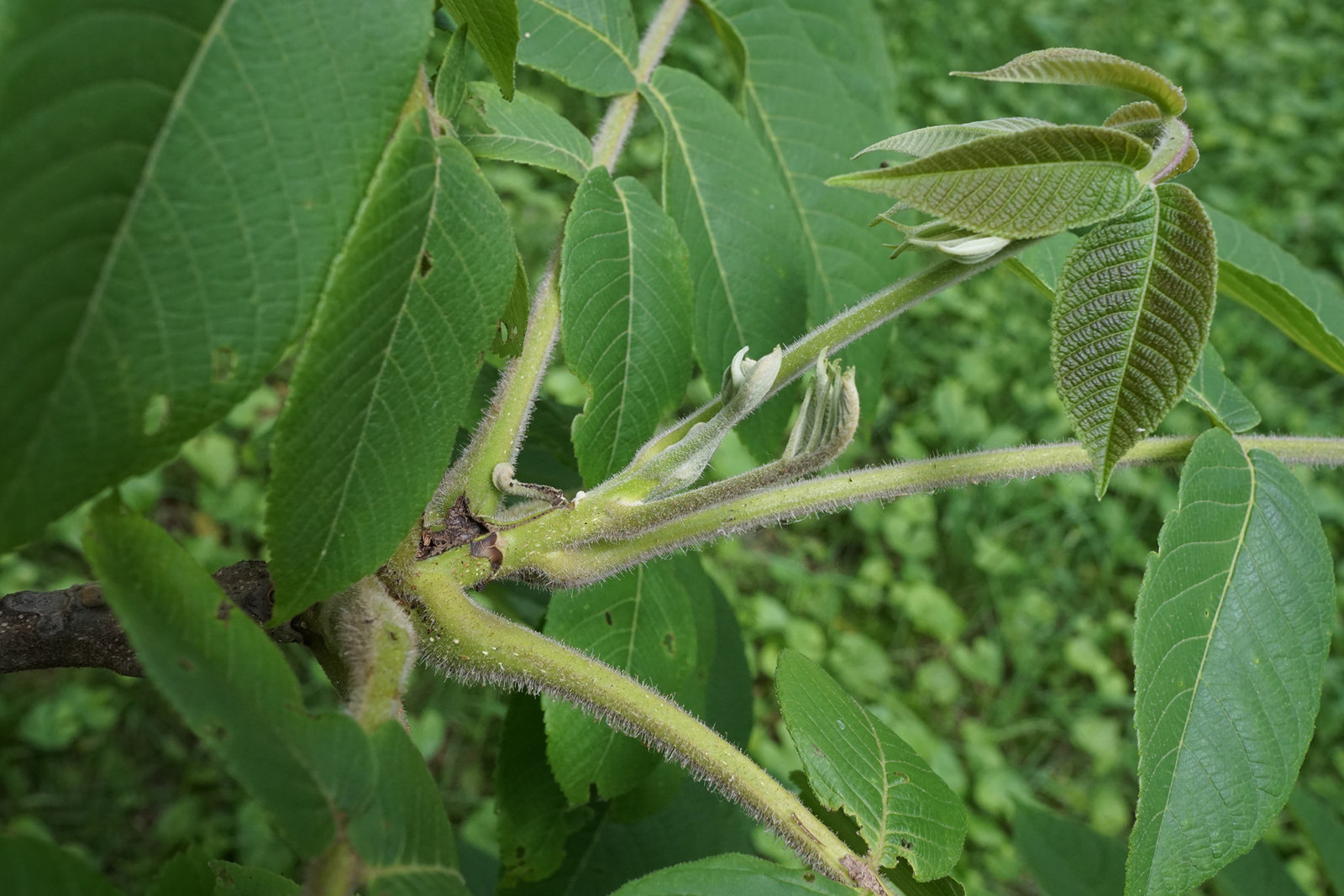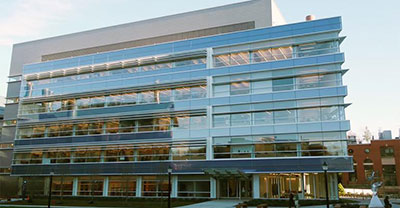The Plant Computational Genomics lab in the Department of Ecology and Evolutionary Biology at the University of Connecticut seeks motivated PhD students to join the lab in Spring 2026. Our research focuses on the computational analysis of genomic data generated by high throughput sequencing platforms from forest tree species. We implement this through analysis related to gene finding, gene expression, transcriptome assembly, and conserved element identification, through machine learning and computational statistics. We use these methods to address questions related to genome evolution, population genomics, and conservation genetics. In addition, we develop web-based applications that integrate BIG data across domains to facilitate the forest geneticist or ecologist’s ability to analyze, share, and visualize their data (https://cartograplant.org/). Such integration requires the implementation of semantic technologies and ontologies to connect genotype, phenotype, and environmental resources. We collaborate and contribute to the TRIPAL project (http://tripal.info).
We welcome students from both traditional biology backgrounds as well as more computational ones. Our team is very multi-disciplinary and we collaborate with forest tree biologists around the world. Learn more about our research here!
Research Topics:
Potential research topics, include 1) development of visualization tools and integration of high throughout environmental data to support genome-wide association studies in forest trees; 2) application of genomic and transcriptomic techniques to evaluate the impact of climate change on tree populations; 3) development of software solutions to improve the characterization of non-model plant genomes (and transcriptomes); 4) interrogation of natural genetic variation across populations in large, complex conifer genomes; 5) application of deep learning frameworks to improve genome annotation; 6) investigation of epigenetics in relation to disease resistance in complex genomes; 7) and your ideas here!
To Apply:
Financial support for students is available through research assistantships, teaching assistantships, and university fellowships. Excellent written and oral communication, as well as strong quantitative skills, are required. Backgrounds in genetics/genomics, evolutionary biology, bioinformatics, and computer science are desired. Interested candidates should send an email with a research interest statement (~1 page), a CV/cover letter, and unofficial undergraduate/graduate transcripts to Jill Wegrzyn ([email protected]). Qualified candidates will be contacted directly for Zoom interviews following review. Select candidates will be invited for a campus visit. Applications will be reviewed starting December 15th, 2025.
About UConn:
The University of Connecticut (UConn) has been one of the nation’s leading public institutions since its founding in 1881. Located in Storrs, UConn’s main campus is situated in the picturesque rolling forests and fields quintessential of New England, yet is only 30 minutes from Hartford, and has close connections to Providence, Boston and New York. The Department of Ecology and Evolutionary Biology consists of over 30 faculty and 60 graduate students with research spanning nearly all major groups of organisms. The Department maintains close ties with the Departments of Physiology and Neurobiology, Molecular and Cell Biology, Marine Sciences, and Natural Resources Management and Engineering, as well as the Center for Environmental Sciences and Engineering and the Institute for Systems Genomics, which together comprise one of the largest groups of biologists in the Northeast.













